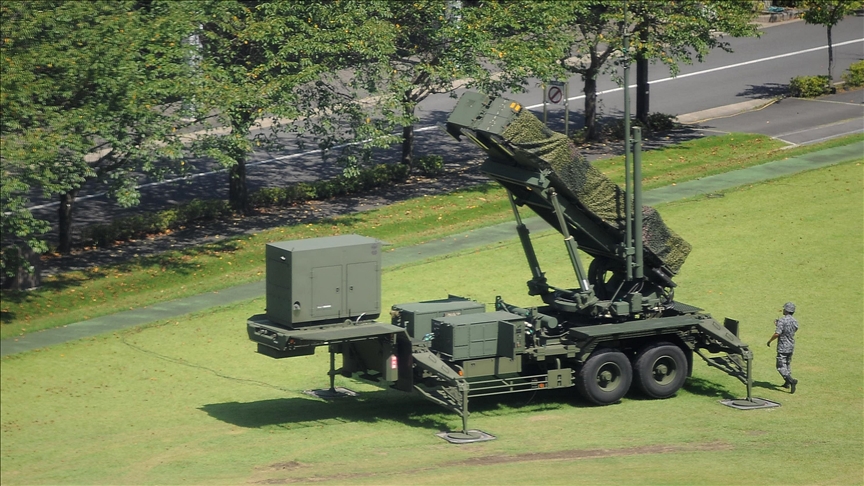Britain Tables U.N. Draft On Libya Sanctions
Diplomatic sources were quoted by Agence France-Presse (AFP) as saying that Council members were set to debate the draft on Wednesday, August 20, and that vote on the resolution was expected by Friday, August 22.
Britain’s U.N. Ambassador Emyr Jones Parry said council ambassadors expressed wishes that the vote would be carried early.
"Our wish is to see an early vote," Parry said.
Foreign Office Minister Denis McShane said in a statement a day earlier that Libya had met the requirements of the United Nations to enable sanctions to be lifted including renouncing terrorism and agreeing to pay compensation to the victims’ families.
Libya has agreed to pay more than £10 million to each family of the 270 people who died when Pan-Am flight 103 exploded above the Scottish town in December 1998.
French Opposition
But France, which wields the power of veto, threatened to block any agreement unless the families of 170 people killed in a 1989 bombing of a French passenger jet over Niger, also blamed on Libya, be in equity with those of the Lockerbie victims.
The French U.N. mission’s charge d’affaires, Michel Duclos warned the 15-nation council in the closed-door meeting that his country would oppose the adoption of a British-Bulgarian draft resolution unless French lawyers were granted sufficient time to broker a similar deal for the UTA families.
France was "not prepared to make concessions" on a matter that it believes would discriminate against the victims of the two terrorist acts, Duclos was quoted by the Washington Post.
While a second senior French official said France expects “the British and others to postpone the vote in order to give more time”.
“If this isn’t acceptable we will oppose the resolution. We are not prepared to yield," said the official on condition of anonymity.
Libya had agreed to pay $33m compensation to all families of the 170 victims of the UTA plane crash, also blamed on Tripoli. That amounted to $194,000 for each victim.
France and Libya announced last October that they had agreed to "a definitive resolution" of the U.T.A affair based on French court decisions that convicted six Libyans in absentia and the payment of compensation.
James Kreindler, a lawyer for the Lockerbie victims who helped negotiate the settlement, was quoted as saying that France “settled the cases and now it’s embarrassed because it settled for much less."
Libyan authorities have also rejected the French demand as "blackmail."
On Monday, Libyan leader Moamer Kadhafi’s son said the U.N. sanctions would be lifted, anyway.
"The embargo will be lifted despite opposition from France," Saif al-Islam Kadhafi told Dubai-based Al-Arabiya news channel.
Unlikely
Saad Djebaar, a lawyer advising the Libyan government on Lockerbie, said he thought French opposition was unlikely.
“That will put them face-to-face with the Lockerbie victims’ families," he was quoted by the BBC NewsOnline as saying.
"It will create all sorts of diplomatic problems with the United States and Britain and would also prejudice their commercial and economic interest with Libya in the future."
A group representing relatives of those killed in the UTA bombing said it was negotiating with a Libyan body for compensation matching that promised to relatives of the Lockerbie victims.
But the group is against France’s use of its U.N. veto to block the Lockerbie deal, said Guillaume Denoix de Saint-Marc, the spokesman for the families of the 170 passengers and crew members who died.
"That has to be avoided at all costs because that would undermine" the deal to get compensation for both bombings, he said.
The United States said it would not oppose the lifting of U.N. sanctions and pressured France not to scuttle the Lockerbie deal.
State Department spokesman Richard Boucher, asked by reporters Monday whether he expected a French veto of the resolution said: "We would not want to see anything that would impede the Pan Am 103 settlement."
"But … the bilateral sanctions, our United States sanctions, will remain in place because we still have a number of serious concerns when it comes to Libya," White House spokesman Scott McClellan said.
"We have no intention of lifting U.S. sanctions," said McClellan.



